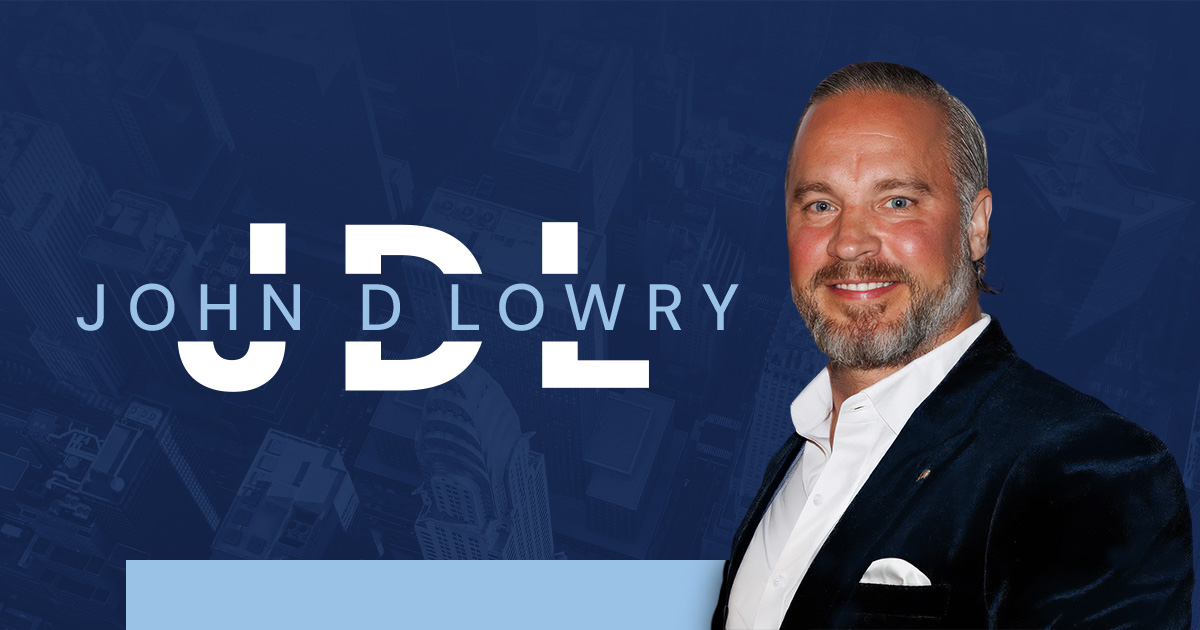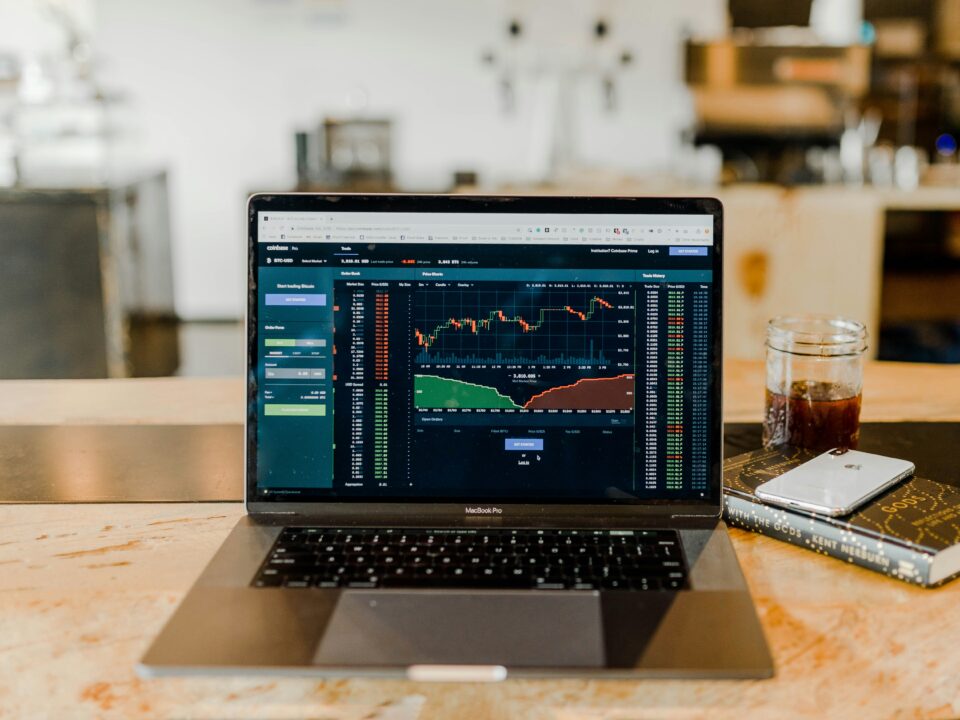
Secure Your Financial Future with Our Wealth Management Services
June 22, 2024
Unveiling the Power of Institutional Trading
July 24, 2024Institutional trading represents a cornerstone of the global financial landscape, offering unparalleled opportunities and challenges for seasoned investors and financial institutions alike. This article delves into the intricacies of institutional trading, exploring its significance, key strategies, and essential considerations for aspiring traders aiming to excel in this competitive arena.
Understanding Institutional Trading
At its core, institutional trading involves the buying and selling of large volumes of securities on behalf of financial institutions, corporations, and government entities. Unlike retail trading, which caters to individual investors, institutional trading deals with substantial quantities of stocks, bonds, derivatives, and other financial instruments. This scale grants institutions greater leverage and access to specialized market insights and execution capabilities.
The Advantages of Institutional Trading
- Enhanced Liquidity and Efficiency
Institutional traders benefit from enhanced liquidity, enabling them to execute large trades without significantly impacting market prices. This liquidity ensures faster transaction speeds and reduces the risk of price slippage, which is crucial for executing orders seamlessly, especially in volatile market conditions. - Access to Advanced Research and Analytics
Institutions have access to proprietary research, sophisticated analytics, and market intelligence that is readily available to retail investors. This strategic advantage enables institutions to make informed decisions based on comprehensive data analysis and predictive modeling, enhancing trading strategies and outcomes. - Negotiation Power and Tailored Solutions
Institutional status often leads to preferential treatment from brokers and exchanges, offering competitive pricing, reduced transaction costs, and tailored trading solutions. This negotiation power allows institutions to secure favorable terms on trades and access exclusive investment opportunities that may not be available to individual traders.
Strategies Deployed by Institutional Traders
Successful institutional trading relies on strategic approaches tailored to capitalize on market dynamics and opportunities. These strategies include:
- Algorithmic Trading
Algorithmic trading leverages complex algorithms and high-frequency trading (HFT) systems to execute trades swiftly and capitalize on market inefficiencies. By automating order execution based on predefined criteria, institutions optimize trade entry and exit points, thereby enhancing efficiency and reducing transaction costs. - Event-Driven Strategies
Event-driven strategies focus on capitalizing on market volatility triggered by corporate earnings announcements, economic data releases, mergers and acquisitions, or geopolitical events. Institutions analyze the impact of these events on asset prices and adjust their trading strategies accordingly to exploit potential price movements. - Arbitrage Opportunities
Arbitrage strategies involve identifying and exploiting price differentials of identical or similar financial instruments across different markets. By simultaneously buying and selling these instruments, institutions profit from temporary discrepancies in prices, thereby leveraging market inefficiencies to generate returns.
Challenges Faced by Institutional Traders
- Regulatory Compliance and Oversight
Institutional traders must navigate stringent regulatory frameworks and compliance requirements imposed by financial authorities. Compliance ensures market integrity, transparency, and fairness while mitigating risks associated with insider trading, market manipulation, and regulatory scrutiny. - Risk Management and Mitigation
Managing large-scale portfolios requires robust risk management frameworks to safeguard against market volatility, systemic risks, and unforeseen events. Institutions employ diversified investment strategies, hedging techniques, and scenario analysis to mitigate potential losses and preserve capital. - Technological Advancements and Infrastructure
Maintaining cutting-edge technological infrastructure is essential for institutional traders to execute trades swiftly and efficiently. Investments in high-performance trading platforms, data analytics tools, and cybersecurity measures are critical to maintaining a competitive edge in the dynamic and evolving financial markets.
Entering the Realm of Institutional Trading
For aspiring traders seeking to enter the realm of institutional trading, the following steps are crucial:
- Educational Foundation
Through formal education or specialized courses, develop a strong foundation in financial markets, economics, and quantitative analysis. Gain proficiency in financial modeling, risk assessment, and trading strategies to enhance decision-making capabilities. - Professional Development and Networking
Seek internships or entry-level positions at financial institutions, brokerage firms, or asset management companies to gain practical experience and industry exposure. Build a network of mentors, industry professionals, and peers to exchange insights, gain valuable knowledge, and explore career opportunities within institutional trading. - Continuous Learning and Adaptation
Stay informed about emerging market trends, technological advancements, and regulatory developments shaping institutional trading practices. Continuously refine trading strategies, pursue advanced certifications, and actively participate in professional forums and conferences to expand industry knowledge and expertise.
Institutional trading remains at the forefront of global financial markets, offering unparalleled opportunities for institutions to deploy capital, access advanced trading tools, and navigate complex market dynamics. By mastering the strategies and insights of institutional trading, aspiring traders can embark on a transformative journey toward achieving financial success and joining the elite ranks of institutional investors. Embrace the challenges, leverage strategic insights, and harness the potential of institutional trading to elevate your economic ambitions and thrive in the competitive world of finance.





